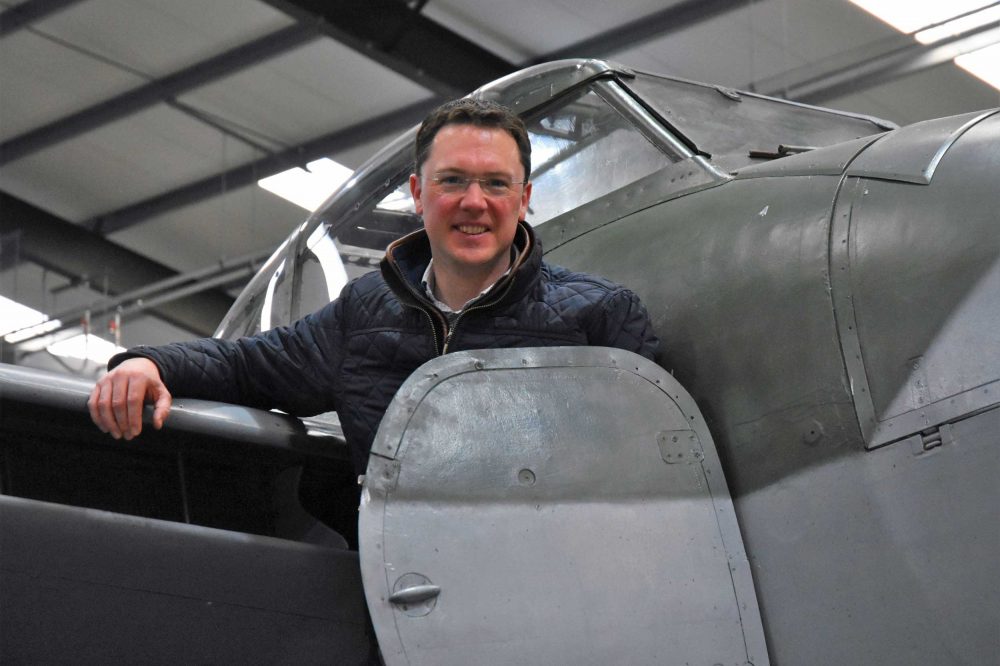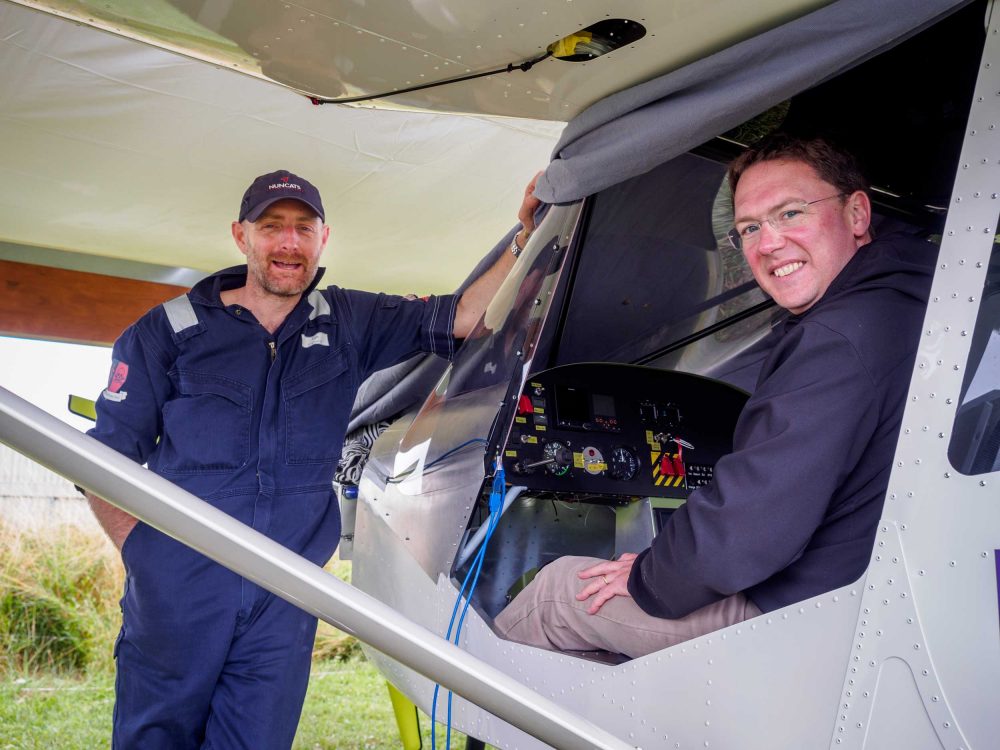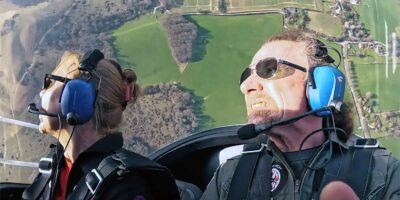Fourth, the sector continues to face skills challenges. Not only do we need to ensure we have the right people now, but also for future generations. General Aviation is at the heart of supporting the future skills of the wider aviation sector, as it acts as an entry route for so many careers into aviation. To support the sector during the pandemic, I was pleased to launch the Aviation Skills Retention Platform and Talentview Aviation last year – two initiatives aiming to keep vital skills in the sector, while also connecting aviation students to employers and supporting development of a future talent pipeline. More recently, we announced the Generation Aviation campaign, which will seek to raise awareness of aviation careers and attract the next generation.
Fifth, we continue our focus on improving regulation and safety, and I’m focussed on making sure that General Aviation can realise the full benefits of Brexit. I have worked with the CAA to develop the Skyway Code for Airworthiness, which improves the advice to the General Aviation community, and we are progressing the simplification of licensing, improving regulations on airworthiness, and reviewing Pilot Medical Declarations. All this work is focused on improving regulation and opening new opportunities for the general aviation community, which was far harder to achieve whilst the UK was a member of the European Union Safety Agency (EASA).
Sixth, I recognise that business aviation is the economic engine of General Aviation and plays a key role supporting trade and investment. That’s why I have actively supported the GA for Business Forum – to discuss commercial issues and priorities within General Aviation and to ensure better join up between industry and Government. Globally the sector is expected to grow significantly, and I want the UK to be at the very heart of this growth.
Seventh, historic aviation is a personal passion of mine. My grandfather and great uncle fought during WWII as part of Bomber Command, and I fondly recall hearing their stories as a child which created my lifelong passion for aviation. I want to protect our aviation heritage to ensure we do not to forget an important part of our country’s history, while inspiring future aviators to carry the baton forwards. I have therefore ensured historic aviation is a critical area of work for the Department for Transport.
Finally, as we look ahead I am excited at the prospect of appointing a new General Aviation Advocate, building on the success of Phil Dunnington, who sadly passed away last year. Another challenge we all face is climate change, and I am enthusiastic about exploring the role that General Aviation can play in supporting the Government’s Net Zero ambitions. We are currently leading research to understand how General Aviation is contributing to carbon emissions and the opportunities to decarbonise, so we can shape future policies and support it to adapt. The wonderful thing is that General Aviation can be a testbed for new initiatives and innovations, so can support wider aviation decarbonisation efforts.
The success of the sector is your success. It is the work that you do to keep the planes flying, to keep airfields open, and to keep young people excited about aviation. Over the next few months, I hope to get out and about to hear more of your stories. Despite continued challenges the sector faces, the Department for Transport will always be by your side, and I will never stop in my mission to ensure the UK remains an aviation nation and a true world-leader.








1 comment
So Brexit and removing EGNOS has made it safer ?